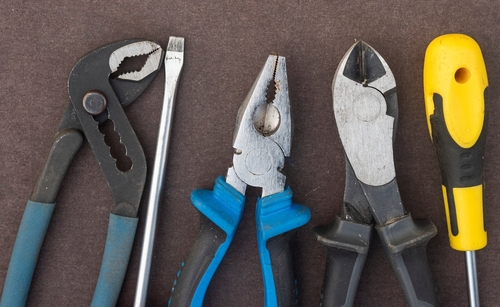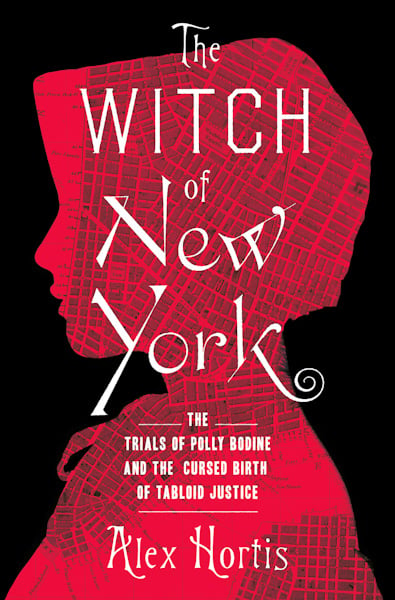Expert's assertions about toolmark evidence lead judge to order new trial in pipe bombings

A Colorado judge has ordered a new trial for a Colorado man because of expert testimony about matches between the defendant’s pliers and wire cutters and marks found on pipe-bomb fragments. Image from Shutterstock.
A Colorado man serving a life sentence for pipe bombings that killed two people in 1993 is entitled to a new trial because of an expert’s testimony about the certainty of toolmark evidence, a judge in Grand Junction, Colorado, has ruled.
Colorado Judge Richard T. Gurley ordered a new trial earlier this month for James Genrich because of expert testimony about matches between the defendant’s pliers and wire cutters and marks found on pipe-bomb fragments. The expert was John O’Neil, an agent with the Bureau of Alcohol, Tobacco, Firearms and Explosives.
O’Neil had testified that Genrich’s tools were the only tools in the world that could have made the marks found on the pipe bomb.
Gurley said some of the testimony by O’Neil would likely still be admissible in a new trial, but his opinion of a match “to the exclusion of every tool in the world” would be renounced today by the relevant scientific community. O’Neil’s testimony was unreliable “because there are no scientific principles underlying or supporting” his opinion on the certainty of a match, Gurley said.
The Daily Sentinel, CPR News and Law Week Colorado are among the publications with coverage.
Gurley ruled July 7 after holding an evidentiary hearing in Genrich’s bid for a new trial. One of the defense experts who testified was David L. Faigman, dean of the school then known as the University of California’s Hastings College of the Law in San Francisco. It’s now called the University of California College of the Law at San Francisco.
Faigman had worked as an adviser to the President’s Council of Advisors on Science and Technology. He testified about reports critiquing toolmark match analysis by the council that he advised, as well as the National Research Council and the National Academy of Sciences.
Faigman “testified that there is a lack of reliability and significant criticism of toolmark analysis and explained that the foundational validity of toolmark analysis is entirely suspect,” Gurley wrote.
Gurley summarized other evidence introduced against Genrich at the first trial. It included: Fenrich lived near the site of the pipe bombings; he had threatened to kill people in the past because of his frustrations with women and a perceived lack of respect; he was familiar with The Anarchist Cookbook, which included instructions on how to make bombs; two fuses found in Genrich’s apartment are of the same type used in one of the bombs; and Genrich had familiarity with electronics because of coursework at the DeVry Technical Trade Institute.
Genrich was represented by lawyers from the Innocence Project; Weil, Gotshal & Manges; the Korey Wise Innocence Project at the University of Colorado Law School; and local Colorado counsel.
“After maintaining his innocence for over 30 years,” Weil said in a press release, “Mr. Genrich is very pleased that his request for a new trial was granted, and the team looks forward to continuing to advocate for his exoneration.”
Mesa County District Attorney Dan Rubinstein told the Daily Sentinel and CPR News that his office is “heavily leaning” toward an appeal.
“We believe that the differences in the verbiage used by the experts during the original trial and that which is used by today’s experts is not sufficient to cast doubt on the conviction, as there was overwhelming evidence of guilt beyond the tool mark evidence which was challenged here,” Rubinstein told CPR News.



